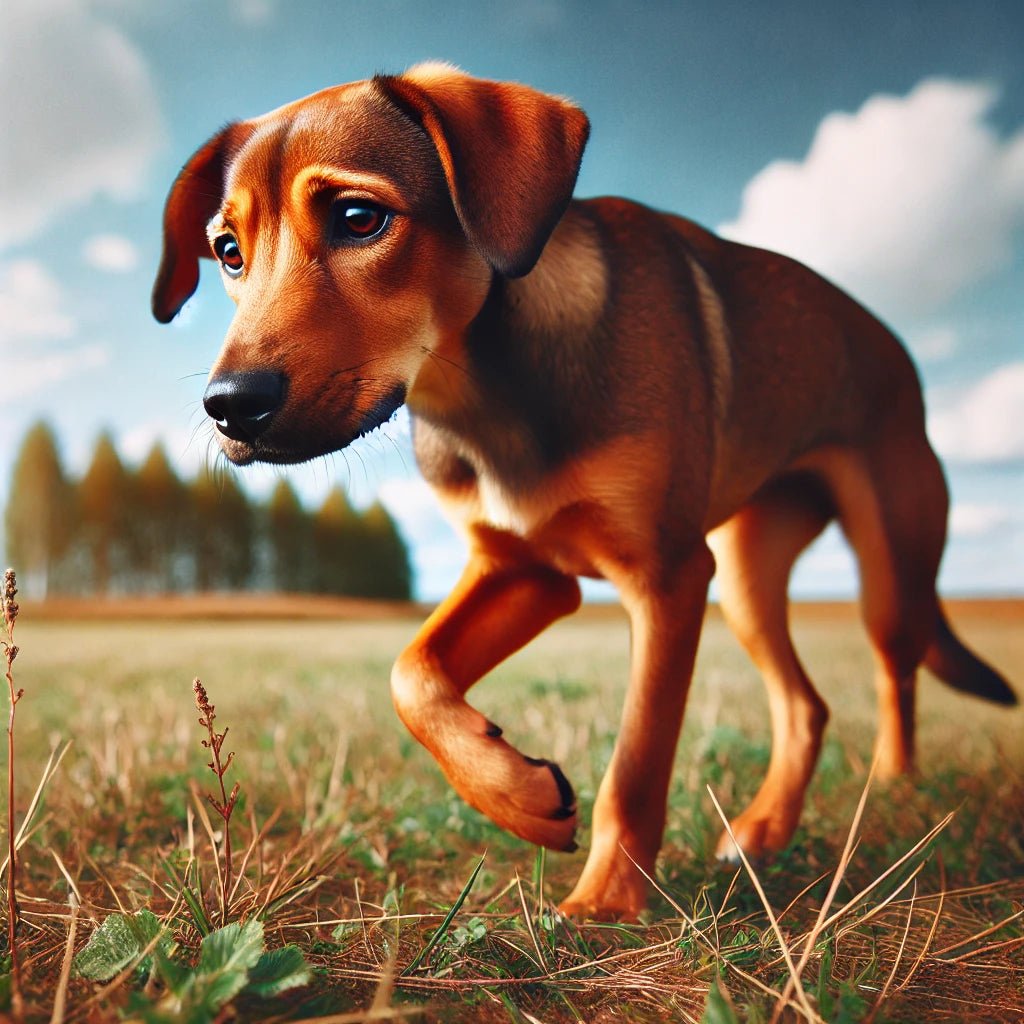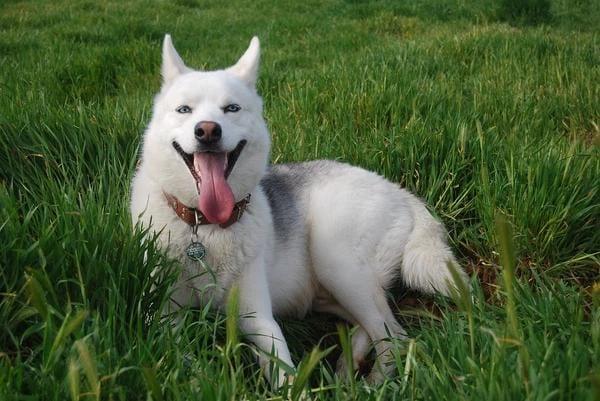How to Keep Your Dog Calm | Does your dog suffer from separation anxiety? There are several breeds of dogs that are known to have a lot of separation anxiety. A few breeds to include are German Shepherds, Jack Russel Terriers, Cavalier King Charles Spaniels, Border Collies, and Labrador Retrievers. No matter your breed of dog, as a pet owner, you will want to do all to ease the anxiety that your dog is experiencing. With that in mind, we will take a look at some of the different ways you can go about this.
Related: How to Relieve Your Dog’s Car Anxiety
What is separation anxiety?

Before we provide you with some advice on managing separation anxiety in your dog, it is essential to explain what this is. Separation anxiety occurs when a dog is hyper-attached to the owner, meaning that the dog gets very stressed and anxious. It is more than a little bit of mischief or whining when you are not home.
Dogs can act this way for several different reasons, and it is critical to understand this. Examples include the loss of a family member, changes in their schedule or family routine, moving from a shelter to a home, a change of ownership, and being left alone for the first time.
How can you tell if your dog has separation anxiety?
There are some different signs of separation anxiety, which includes the following:
- Trying to escape
- Pacing, often in an obsessive pattern
- Salivating, panting, or drooling a lot more than usual
- Scratching at the doors and windows, digging holes, and chewing up things
- Having indoor “accidents” despite being housetrained
- Whining, barking, or howling in excess
Related: How to Stop a Dog Barking When Left Alone
How can you ease separation anxiety in your dog?
There are many different things that you can do to ease separation anxiety in your dog. Here are some of the things you can try:
Take your dog for a walk before leaving the house

Begin the day by going for a brisk walk with your dog. Make sure it is a rigorous walk that is going to enable your dog to burn some energy. Once you get home, you can reward your dog with water and food. Of course, some dogs may need to rest before they eat, but water is a must. Following this tip ensures that your dog is in a resting and quiet mode while you are away.
Curious how to engage your dog more outdoors? Click here for Fun Ways to Workout with your Dog!
Leave background music on, and comfort items

Dirty laundry and other items that have your scent can help your dog relax and remember that you will be returning home. If there are any items that your dog doesn't like, for example, their collar, make sure they are removed out of eyesight so that your dog does not start to stress out.
Related: Keeping Dogs Calm During Fireworks
Create a personal space for your dog

Do you sleep with your dog at the moment? If so, this is something you should try to stop to help your dog with separation anxiety. Get your dog a separate bed where you can give them calming treats and pet them. It is essential to teach your dog to like being in his personal space, independent of you. A private space is a location that they will be able to go to ease their anxiety while you are not home.
Try CBD to help your dog with anxiety

The CBD market has developed considerably in the past few years, and there are now suppliers like Dope Dog that have designed CBD products specifically for dogs. These products have all been lab-tested to give you peace of mind. They are proven to provide anxiety relief in a wide range of dogs, helping owners treat separation anxiety so that they do not need to worry as much whenever they leave home.
Related: How to Administer CBD Oil to a Dog
Train your dog to be alone when you are still in the home

You should try to train your dog to be more independent. For example, you can tell your dog to stay in one room while you venture into a different room in the house. Start with tiny intervals if your dog has severe separation anxiety. For example, you can start with five seconds and then keep working your way up over the weeks. It's baby steps, but it's progress!
Related: Training with Positive Reinforcement
Downplay your hellos and goodbyes

Do not get emotional when you leave your dog and try not to get too overexcited when you return. If you pay too much attention to leaving the property and returning, you could reinforce the fear your dog feels when you are absent. Instead, try to be a lot calmer when you say goodbye to your dog and leave for the day. Once you return, wait for your dog to calm down before you start getting overly affectionate.
Change your “going away” signals

Last but not least, another tip for dealing with separation anxiety in your dog is to change your "going away" signals. Leave your shoes, purse, or keys in a different location, for example, or put your coat on, but don't leave for a good ten minutes. You could also try using a different door. The aim here is to break your dog's connection of these actions with you departing the property. This should help to avoid their separation anxiety from being triggered.
Related: 10 Ways to Help your Nervous Dog
Final words

There you have it: some of the different steps you can take to help your dog if he or she is experiencing separation anxiety. It can be very upsetting to see your dog get so stressed and upset whenever you leave home. However, the good news is that there are solutions available to you. Try the different suggestions mentioned above to see if there are any changes in your dog.
Are you looking for more ways to help your dog with separation anxiety? Contact Dope Dog to best answer your questions and connect you to the right resource!


















